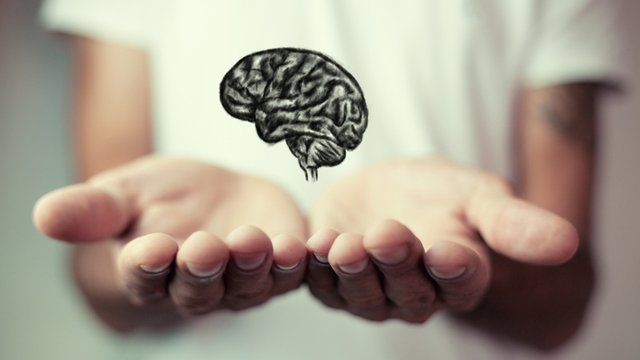
Branches of psychology
Edited on Jan. 19, 2023

The human mind is diverse and complex. For this reason, it is not surprising that, in psychology, the social science that is responsible for studying our mental processes and behaviours, various specialties have emerged to explain different aspects of human behaviours and treat certain pathologies.
Talking about all the branches of psychology is an almost impossible task, since, with the passage of time, more and more have emerged. So, for today's post, we wanted to summarise some of the most important specialisations in psychology which, of course, you will have the opportunity to study if you take the Degree in Psychology in Madrid or the Bachelor Psychology Málaga.
What are the branches in psychology?
In this section we will look at the different fields of psychology. As mentioned though, this is just an example of a few of them – there are many more!
Clinical psychology
Of the different branches of psychology, this is the one that is responsible for analysing and treating psychological disorders and pathologies that affect people in their daily lives, detecting the triggers and changing those behaviour patterns that give rise to these problems.
Neuropsychology
It is the field of psychology that investigates how a medical condition that affects the functioning of the central nervous system (injury, disease, disorder, malformation, infection, etc.) can cause problems in a person's cognitive, emotional and behavioural processes.
Health Psychology
Among the different branches of psychology, there is one that deals with offering guidance to people with physical illnesses, usually chronic, in the management of the psychological elements that affect these pathologies. This is health psychology.
Developmental psychology
Developmental psychology is the field that specialises in the psychological and behavioural changes that people experience throughout their lives, from childhood through adulthood and aging.
Childhood and adolescence psychology
It is the psychological specialty focused on the development of the mind during the periods of childhood and adolescence.
To do this, a child and adolescent psychologist works on the prevention, evaluation, diagnosis and intervention of any alteration or problem that may negatively affect the "normal" behaviour and mood of a child or adolescent; or harm her psychological and physical well-being.
Geriatric psychology
The psychology of aging, as it is also known, is one of the psychological specialties that deals with the mental health problems of the elderly, diagnosing and intervening, but also offering support and advice to those who are affected and care for them.
This branch of psychology is characterised by delving into the cognitive, emotional and social changes associated with this stage of life and trying to understand their impact on the well-being and quality of life of older people.
Personality psychology
As its name suggests, it is the psychological specialty that studies how an individual's personality develops (thoughts, behaviour patterns and social attitudes) and treats personality disorders if one is present.
Likewise, it investigates how certain factors can intervene or influence the formation of someone's personality: self-esteem, lifestyle, family and peer relationships, culture, experiences, environment, physical health, etc.
Social psychology
Social or community psychology is the branch that studies how the social environment and the real, imaginary or implicit presence of other people influence our mental processes and the way we behave.
Educational psychology
Educational psychology focuses on how learning and human development works in academia. Among the objectives of psychologists who work in this field, are to propose improvements in the teaching-learning processes of schools and ensure that students develop their cognitive skills effectively according to their abilities and educational needs, in addition to offering professional advice and vocational.
Occupational psychology
Work psychology or occupational psychology stands out for being the specialty that aims to promote the well-being of employees and, in this way, improve the efficiency of companies. People tend to be more productive when we are happy in our job.
To do this, the functions of an occupational psychologist include carrying out performance and health evaluations of workers, promoting a positive work environment, as well as offering business coaching services and providing training for employees and managers, among others.
Sports psychology
Of the branches of psychology, this focuses its work on athletes, especially those who are in elite divisions and compete professionally.
Sports psychology puts mechanisms and techniques at the disposal of these people to help them improve their performance on a psychological level and thus have a positive impact on their physical abilities: handling stressful situations, controlling aggressiveness, developing self-esteem, teamwork, injury recovery, etc.
Forensic psychology
This branch is also known as legal psychology because this is its field of action. A forensic psychologist is a person who, among other things, advises judges and courts, while helping to clarify criminal acts. To do this, it previously compiles and analyses a series of tests (psychological expert reports, evaluations of the mental state of the accused and the victims, analysis of the veracity of the statements of the testimonies, etc.) that it will then present and will be considered in judicial processes.
Article published on Sept. 27, 2022